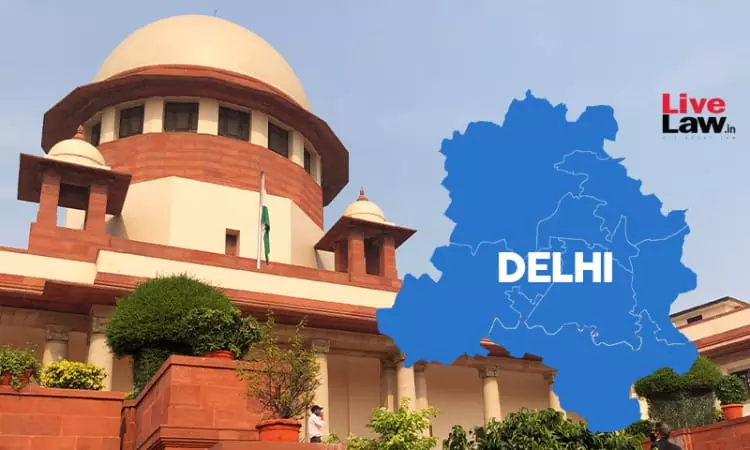The Central Government on Monday defended before the Supreme Court the Government of National Capital Territory of Delhi (Amendment) Ordinance, 2023 (Delhi Services Ordinance) which was promulgated by the President on May 19, 2023 and has the effect of depriving Delhi Government of the power over "services".In its affidavit filed before the Apex Court, the Union Home Ministry stated that...

